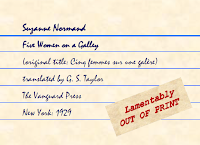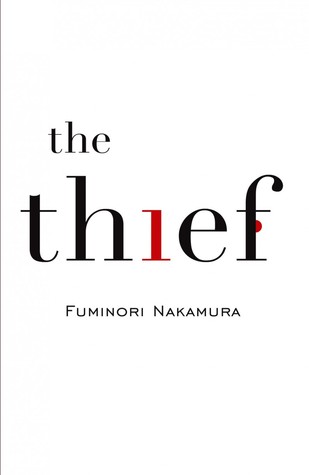Annette
(from Willow and Wattle: 1893)
And they say, Annette, that you
Broke a foolish heart or two;
Can, I wonder, this be true?
Yet I will admit, Annette,
That you were a sad coquette;
Fain of praise and fain of kisses,
Fond of all the farthing blisses
That for fallen man unmeet are,
So they tell us, yet so sweet are
Fond of your glad world, and this is
All the blame I can recall
That on your young head should fall –
And I knew you best of all.
Save thought and little care
Than to braid your rippled hair,
Ribbon blue or crimson wear
Who in all this giddy fair
Who so bright and debonnaire?
Yet me thought, Annette, you were
Just a little tired sometimes
Hearing of the midnight chimes
Weary of the passing show,
Tired of rout, and Park, and Row;
Longing for the night's retreat,–
Weary little heart and feet.
Dancing days are quickly run –
Dead, and only twenty-one!
Ne’er so glad as when you had
Twenty lovers, man and lad,
Round you waiting for a glance
From your radiant beaux yeux
(Certes, they were very blue).
Twenty lovers in a row
Callow gallants, faded beaux,
I have seen them come and go,
Waiting patient for the chance
Of a single fleeting dance;
Mayfair's youth and chivalry
Bent to you their courtly knee.
Never more shall feet of yours
Lightly lead the laughing hours,
Lead the waltz's dreamy dance
To the “fair old tunes of France.”
Dancing days are fleetly run –
Dead, and only twenty-one!
If that ancient ethic view
Of Pythagoras be true,
Your light soul is surely now
In that bird upon the bough,
Singing, with soft-swelling throat,
To the wind that heeds it not;
Or in that blue butterfly,
Flitting like a jewel by,
Flashing golden to the sun.
Soon, like yours, its day is run –
Dead, and only twenty-one!
Dead a week, and not already
Quite forgotten – nay, what right have
I to doubt it; sure, we might have
Easier missed a wiser lady.
Over you the grass will blow,
Springs will come and autumns go.
Will you, Annette, ever know
There remain here one or two
Who will still remember you? –
O'er whose memory, now and then,
With a thought of sad, sweet pain,
There will cross your fair flower face,
And the bright coquettish grace,
With the memory of old days.
Somewhere there beyond the blue,
In the mansions that so many
Are, they say, is there not any
One of all, Annette, for you?
You, whose only trespass this is
That you loved the farthing blisses,
Broke a foolish heart in twain
That would lightly mend again.
Warm summer sun, shine friendly here
Warm western wind, blow kindly here;
Green sod above, rest light, rest light,
Good-night, Annette!
Sweetheart, good-night!
Robert Richardson (1850–1901)
Australian poet and writer for children
 2016 review of a book written
2016 review of a book written





